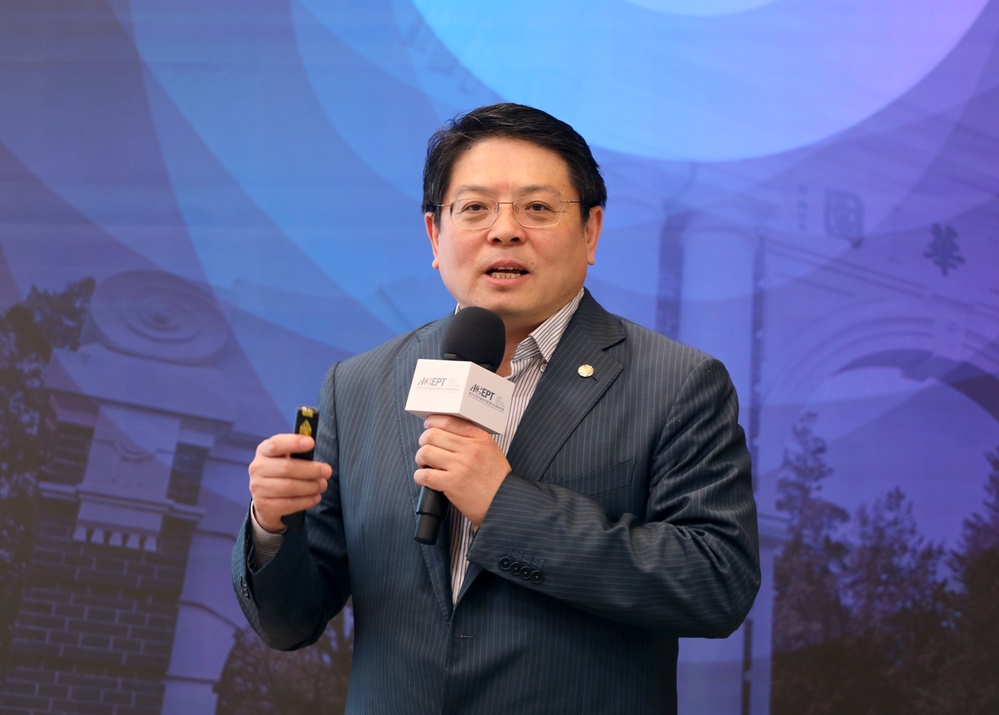
The following is a summary of Dong Zhiyong's keynote address to attendees at the Sixth Annual Conference of Government and Economics held at Tsinghua University, Beijing, on April 27, 2024. Dr. Dong is a Member of the Standing Committee of the Party Committee and Vice President of Peking University, Professor and Dean of the School of Economics at Peking University, and Editor-in-Chief of the journal Economic Science.
On April 27, 2024, the Sixth Annual Conference of Government and Economics, co-hosted by the Society for the Analysis of Government and Economics (SAGE) along with Tsinghua University's School of Social Sciences and the Academic Center for Chinese Economic Practice and Thinking (ACCEPT), was convened on campus at Tsinghua University. Member of the Standing Committee of the Party Committee and Vice President of Peking University, Professor and Dean of the School of Economics at Peking University and Editor-in-Chief of Economic Science, Dong Zhiyong, delivered a keynote address to attendees at the conference in which he examined a practical real-world case study showcasing the complex interrelations between government and the market.
Dong Zhiyong's entry point for discussing government and the market looked at progressive changes in their interrelations and game theory in reference to a local government-backed elevator installation program, having further shared his thoughts on the conventional relationship between the two as developed over time. He observed that the government's actions can have a far-reaching impact on the functioning of the market in a given economy, with the major achievements made throughout the period of reform and opening-up being precisely a result of continuous readjustments to the relationship between government and the market. Therefore, it is essential to thoroughly contemplate and study the relationship between government and the market economy. From the perspective of the main actors, the interactions and mutual engagement between government, enterprises and individual residents are absolutely vital components for ensuring socioeconomic stability and development. Exploring the influence of government decision-making on market behavior, moreover, is very much a worthwhile endeavor, especially as concerns the domain of public goods theory.
Dong noted that China's period of reform and opening-up has actually been a process whereby the government gradually reverted to its original role as a referee, setting free the main actors in the market to exert their full vitality. Looking forward to the future, therefore, we should earnestly give full play to the decisive role of the market in the allocation of resources, while remaining resolute in our commitment to deleverage. At the same time, we should move in a timely manner to reduce the non-tax burden on enterprises and residents. Meanwhile, the level of tax cuts ought to be further expanded, including encouraging enterprises to invest in the high-end manufacturing and information services industries, as well as in the green economy, in this way providing a boost to residents' consumption capacity.